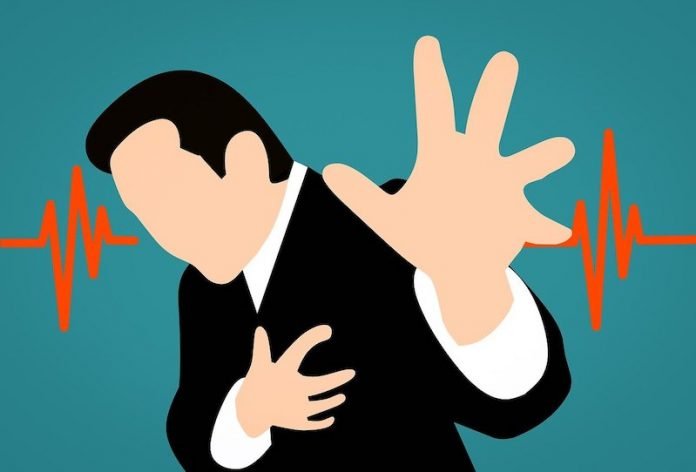
In a recent study at William Beaumont Hospital in Royal Oak, researchers found that people whose hearts stop due to severe COVID-19 are very unlikely to leave the hospital alive.
Out of 54 patients who suffered cardiac arrest while battling COVID-19, none survived their illness even though 29 were resuscitated by cardiopulmonary resuscitation (CPR).
The study is published in JAMA Internal Medicine. One author is Dr. Shrinjaya Thapa.
Doctors had suspected that saving a COVID-19 patient whose heart stops would be difficult. A previous report from China had similar results.
This is common in other severe pulmonary diseases, with the problem coming not from the heart but from the lungs.
In patients who have COVID and progress to have a cardiac arrest, most of the time that is a cardiac arrest that is occurring because their lung disease has gotten so severe that they aren’t getting enough oxygen and their body is shutting down.
Even if the heart is revived, it will continue to have to fight against a lack of oxygen from damaged lungs.
In this study, out of the 54 patients, the team found 52 had a type of cardiac arrest called pulseless electrical activity, or PEA.
In PEA, the heart is generating enough electricity to create a heartbeat, but the heart muscle itself has given out and will not contract.
PEA arrests have much worse hospital survival after an in-hospital cardiac arrest than cardiac arrests caused by a dysfunction of the heart itself.
These results highlight the need for doctors to have frank discussions with severely ill COVID-19 patients about their desires related to resuscitation.
The researchers suggest that doctors might want to think twice before performing prolonged CPR on these patients, especially because the resuscitation process generates aerosols that may place health care personnel at a higher risk of contracting the virus.
Copyright © 2020 Knowridge Science Report. All rights reserved.



